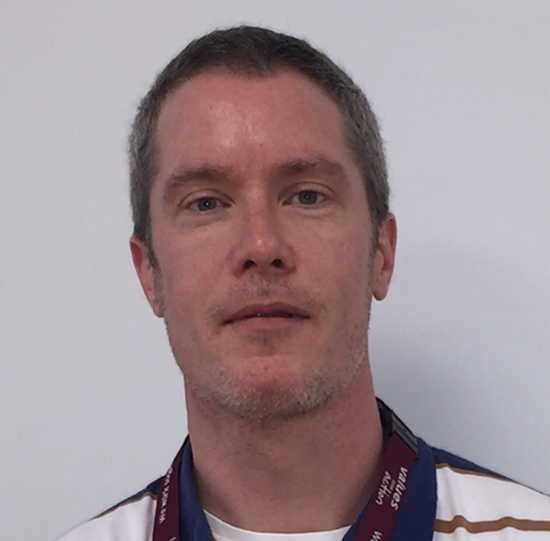Dr Rory Byrne – Postdoctoral User-Researcher
Rory Byrne is a postdoctoral user-researcher at The Psychosis Research Unit (PRU), currently involved as a co-applicant with the following ongoing clinical trials: FOCUS, COMPARE, PRODIGY, BART, and IFCBT. He contributed to the development of these trials with a particular focus on the priorities and preferences of trial participants, and contributes to the ongoing development of research materials, trial management, qualitative sub-studies, and the publication of trial results.
As a user-researcher, Rory also been been a member of PRU’s Service User Reference Group (SURG) for many years. PRU SURG members meet on a regular basis to offer consultation for new and ongoing PRU research projects, with a particular focus on ethical, practical, and personal factors most relevant for people with lived experience of psychosis.
Rory Byrne completed a PhD in Psychology at The University of Manchester in 2014, and has authored or contributed to more than twenty peer-reviewed academic journal articles. The majority of these articles have now been cited by others. For example, the British Psychological Society’s ‘Understanding Psychosis and Schizophrenia’ report, published in 2014, included substantial excerpts from an article about CBT for psychosis which Rory contributed to, along with colleagues from the PRU, led by the late Martina Kilbride: Kilbride et al., 2013
Rory has travelled to conferences around the UK and overseas to present and discuss study research findings. He’s also reviewed many academic journal articles from international authors in the field, usually reviewing articles relating to CBT for psychosis, experiences of psychosis, or recovery from psychosis.
Rory Byrne’s main aim is to contribute to improving understanding of the experiences of people with personal experience of psychosis. Understanding these experiences from a ‘first-hand’ perspective is essential for understanding how best to offer solidarity, support and treatment to help improve the lives of people troubled by such experiences.


